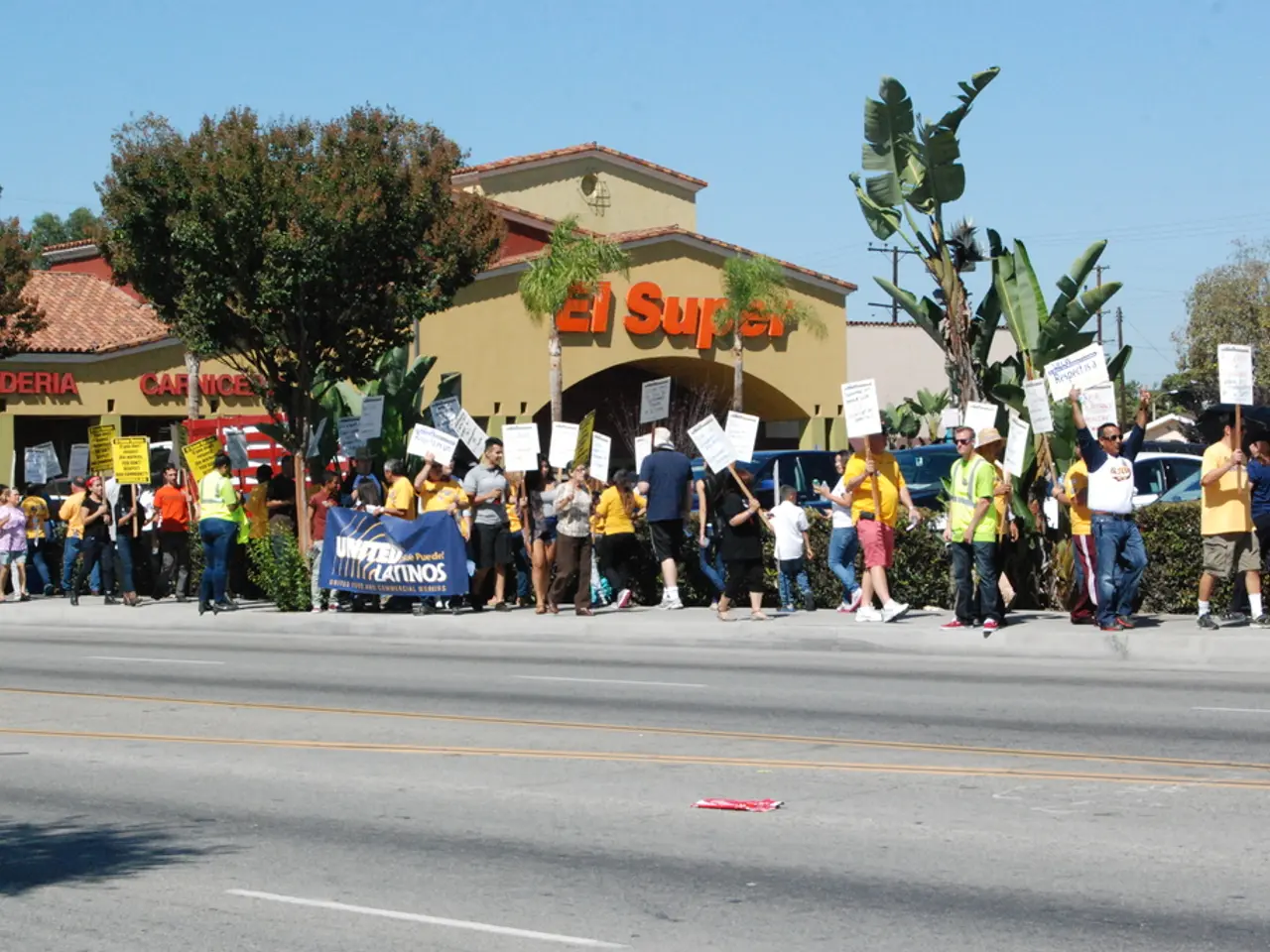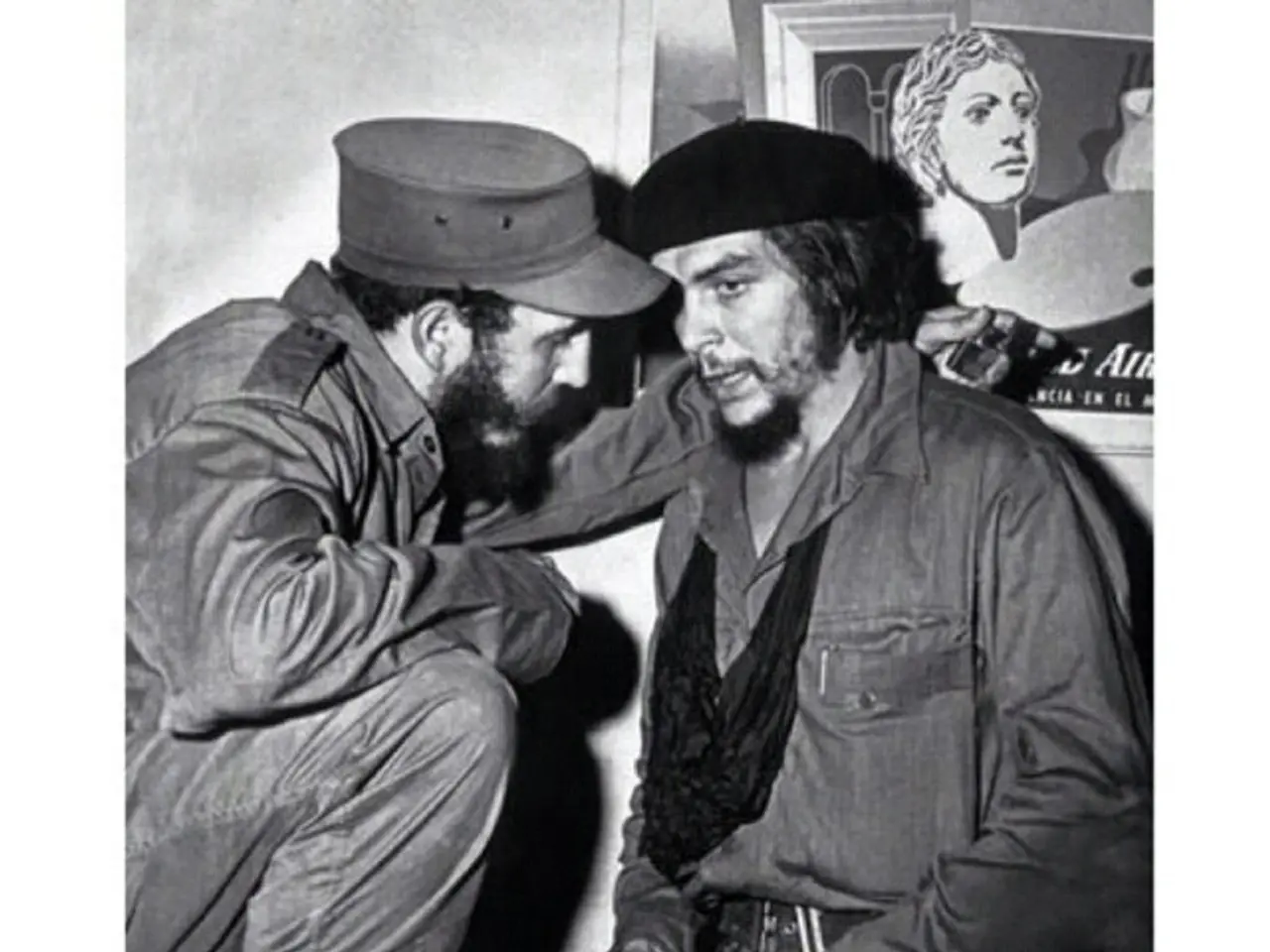Sacred Right to Vote Should be Respected by Election Commission, According to Supreme Court Guidance
## Controversy Surrounds Election Commission's Special Intensive Revision Exercise in Bihar
The Election Commission of India (ECI) has initiated a Special Intensive Revision (SIR) exercise in Bihar, aiming to update the electoral rolls and ensure a fair voting process. However, the move has sparked controversy, with concerns over its timing, potential voter exclusion, and the risk of political interference.
### Timeline and Infrastructure Concerns
Opposition parties and NGOs argue that the short timeline for the revision, particularly amidst severe floods in the state, may limit the ability to accurately update the voter lists. They fear that this could lead to the exclusion of eligible voters, potentially impacting the election's integrity.
### Voter Exclusion and Political Interference
Concerns have also been raised about the possibility of the process excluding valid voters, and the potential for political parties to influence the revision. While the BJP supports the revision as a necessary step for transparency, the Congress and other parties express skepticism about the timing and motives.
### Supreme Court's Involvement
The controversy surrounding the SIR has reached the Supreme Court of India, which agreed to hear a legal challenge to the electoral roll revision in Bihar. The court's decision in this case will have significant implications for the electoral process in India, setting a precedent for how electoral rolls are managed.
The matter is currently being considered by a division bench of the Supreme Court, with future hearings expected to provide clarity on the issue. The judiciary's involvement underscores its role in protecting the integrity of the electoral process and ensuring that democratic principles are upheld. The outcome of this case will help define the legal boundaries and guidelines for future electoral roll revisions, potentially impacting how voter lists are managed across India.
In the meantime, the ECI must prove that the poll roll update is fair and transparent, ensuring that it does not deny any set of voters based on their political allegiances. The EC must also ensure that the list of accepted identity documents for the revision of the poll rolls is applicable uniformly across Bihar and is not used to deny voters based on their political preferences.
Ensuring a fair count of votes cast is the EC's greater priority, as the ability to periodically cast votes in Assembly and Lok Sabha polls is crucial for India's democracy. The EC was advised that determining residency is its concern, and the right to vote is a fundamental right. The EC must now address the concerns surrounding the SIR exercise and ensure a transparent and fair electoral process in Bihar.
The controversy surrounding the Election Commission's Special Intensive Revision (SIR) exercise in Bihar has moved into the realm of policy-and-legislation, as concerns over voter exclusion and potential political interference have led to legal challenges. The ongoing case in the Supreme Court will set a precedent for future electoral roll revisions and highlight the importance of the judiciary in protecting democratic principles.
The controversy also underscores the political dimension of the issue, as opposition parties, NGOs, and various political parties voice their concerns about the timing, motives, and potential for political interference in the electoral roll update. This complex situation emphasizes the significance of maintaining fairness and transparency in the politics of general-news subjects such as policy-and-legislation and the electoral process.







